The government of Bangladesh has postponed the closing bid for a $6.7bn infrastructure project funded by Japan after the Islamist massacre of 20 people, including seven Japanese, at a Dhaka restaurant earlier this month.
The closing bid for the project, which involves building two 600-megawatt coal-fired power plants and a deep-sea port in Matarbari, had been scheduled for late July, but the government decided that safety measures were currently inadequate for Japanese companies bidding for the work, reports The Japan Times.
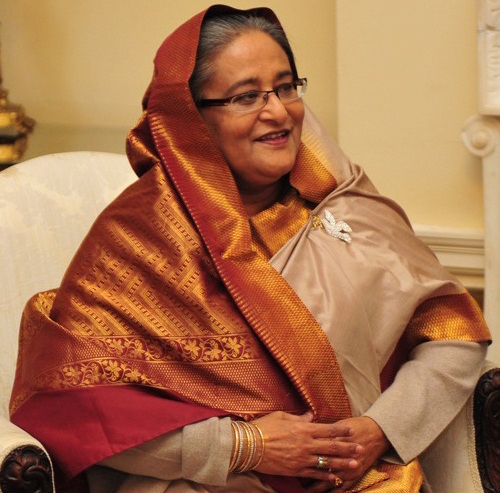
Criticised: Bangladesh’s Prime Minister Sheikh Hasina during a visit to London in 2011 (Wikimedia Commons)
The project is expected to cost about ¥700 billion (about $6.7bn), of which 80% is to be funded by Japanese government loans. If it proceeds it would be the biggest foreign funded development project yet for Bangladesh.
Two finalist groups of Japanese companies, including Toshiba Corp. and Mitsubishi Hitachi Power Systems Ltd., were expected to place bids.
Sources told the Kyodo news agency that the bidding process would resume after the situation in Bangladesh stabilizes and security authorities have prepared sufficient anti-terrorism measures.
On 1 July, 20 hostages, most of them foreign, were killed when Islamist militants stormed a cafe in Dhaka’s diplomatic district, taking hostages and hacking victims to death during a 10-hour-long stand-off with police.
The seven Japanese victims were part of a group working with the Japan International Cooperation Agency (JICA), the government’s overseas development body, on an infrastructure development project to ease the heavy traffic in the capital.
An eighth Japanese national, also connected to the JICA project, survived after being shot in the face during the incident.
Japanese development assistance to Bangladesh has risen sharply in recent years, totalling about $1.2bn in 2014. JICA projects there have included bridges, roads and power plants, tackling poverty, and implementing disaster countermeasures.
The government of Bangladesh, led by Prime Minister Sheikh Hasina, has been criticised for not doing enough to quell a rising tide of Islamist murders.
Even before the 1 July massacre, since 2013, at least 29 secular activists, bloggers, publishers, academics and others had been killed in grisly attacks.
However, the government now appears to be going on the offensive. This week police claimed to have foiled another mass attack by killing nine terrorists in an hour-long gun battle at an apartment building in Dhaka.
Police said the men holed up in the building were members of a home-grown militant group linked to the 1 July attack.
Top Image: Police in Bangladesh, 2015 (© Nahid Sultan/Wikimedia Commons/CC BY-SA 4.0)
Comments
Comments are closed.





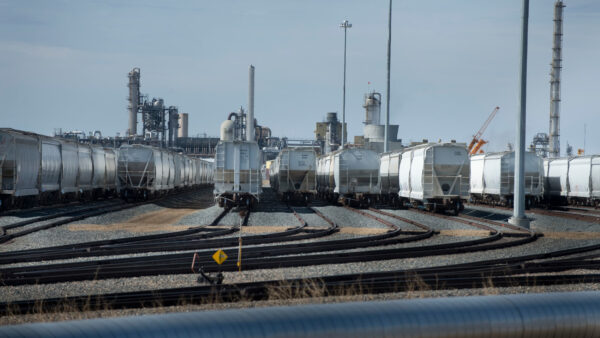
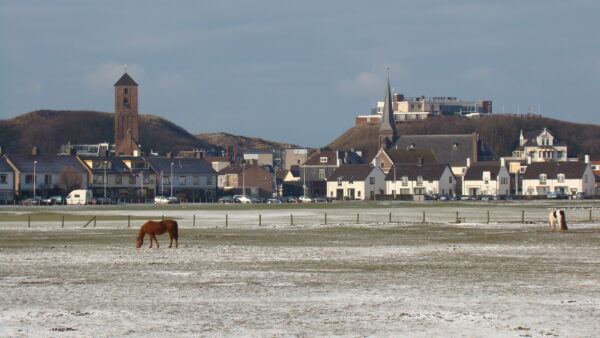
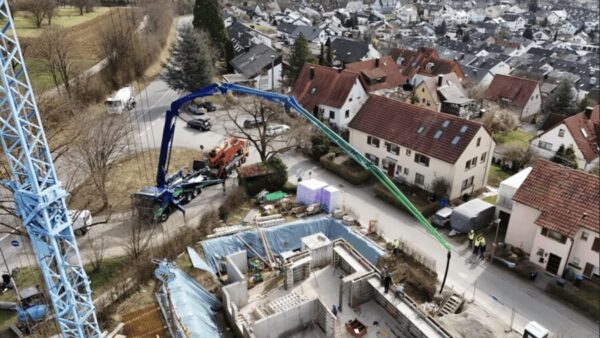
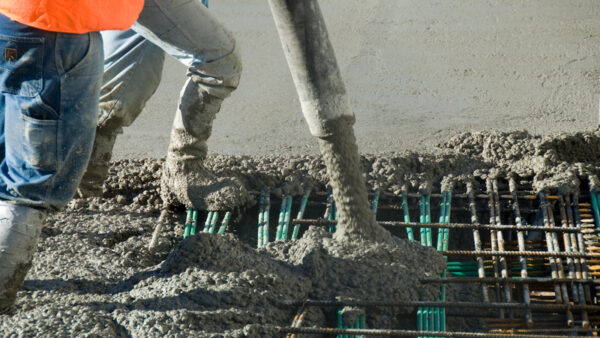
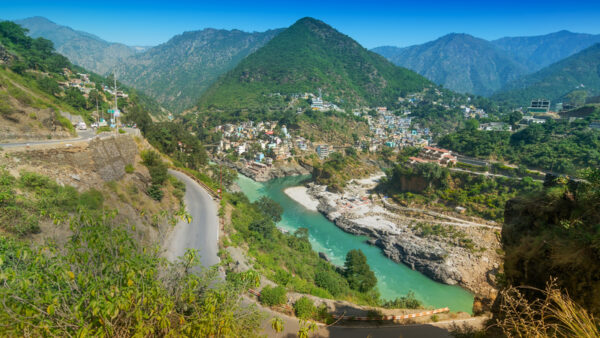

Pls make a correction to your article = Prime Minister Sheikh Hasina is the Prime Minister of BANGLADESH, i.e. THE PEOPLE’S REPUBLIC OF BANGLADESH.